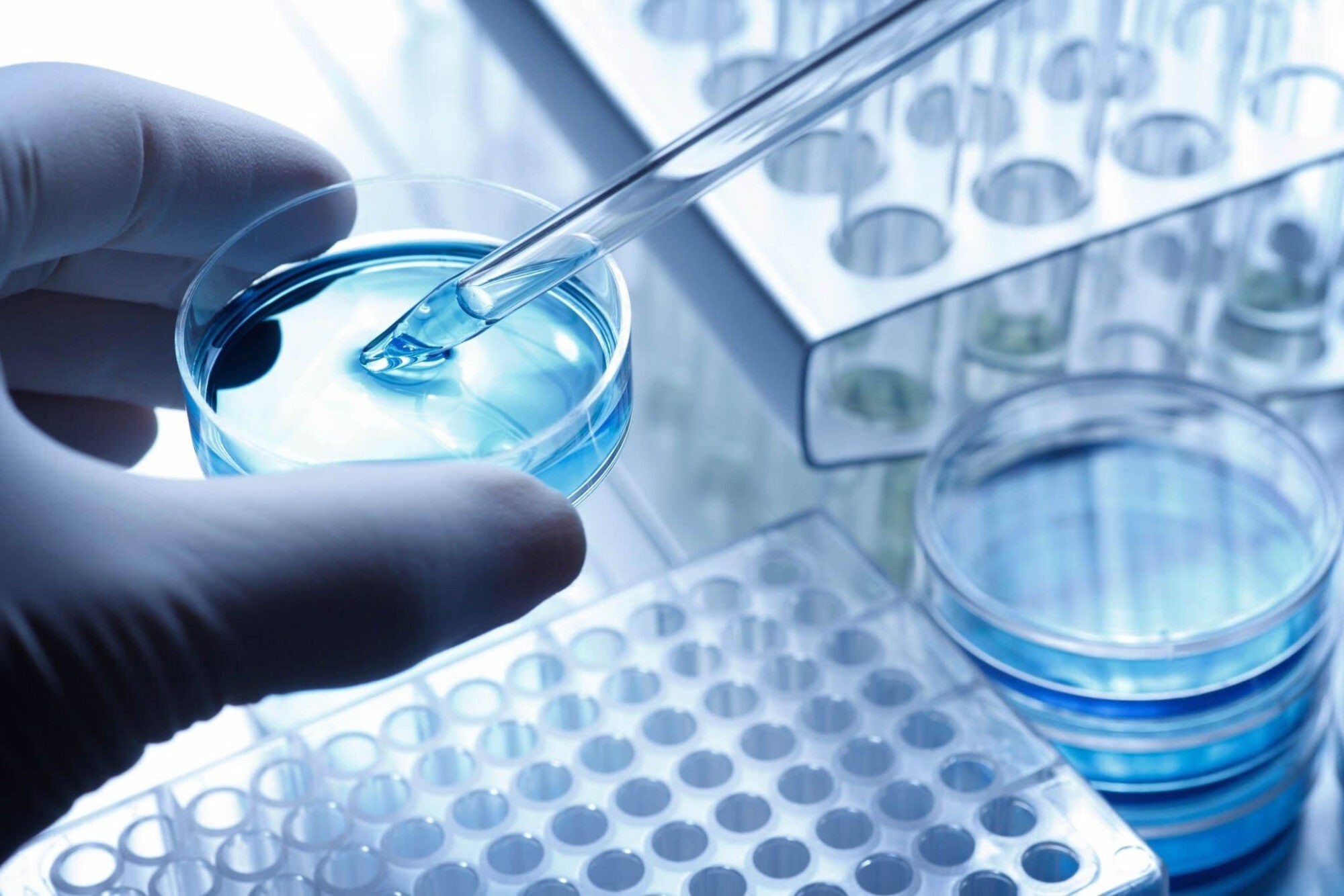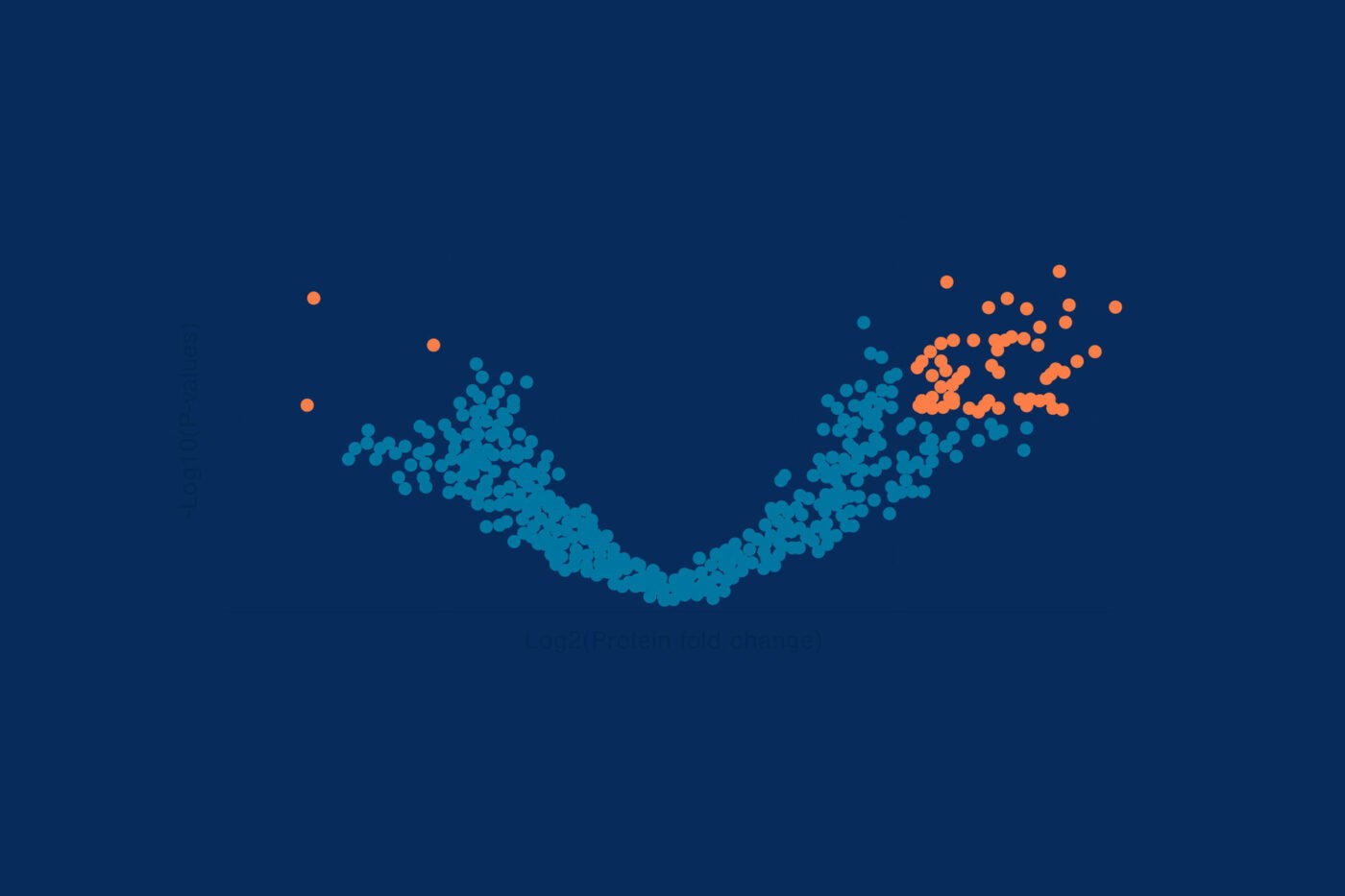
Meet women scientists past and present who’ve pioneered protein and proteomics research

Anna Funk
March 8, 2023
Researchers have done amazing work to launch the field of proteomics, or the study of all the proteins in a sample or organism, and the field has rapidly developed in recent years. With an increasingly comprehensive understanding of the proteins that drive biology, and next-generation proteomics platforms coming available in the near future, the field is ready to explode.
Proteomics wouldn’t be where it is today without the contributions of women in science, from the early history of fundamental protein research to more modern-day advancements. Let’s meet a few pioneering female scientists whose work has contributed to the rise of proteomics, as well as a few of the women in science today who are essential to the coming proteomics revolution.
Dorothy Crowfoot Hodgkin, protein crystallographer
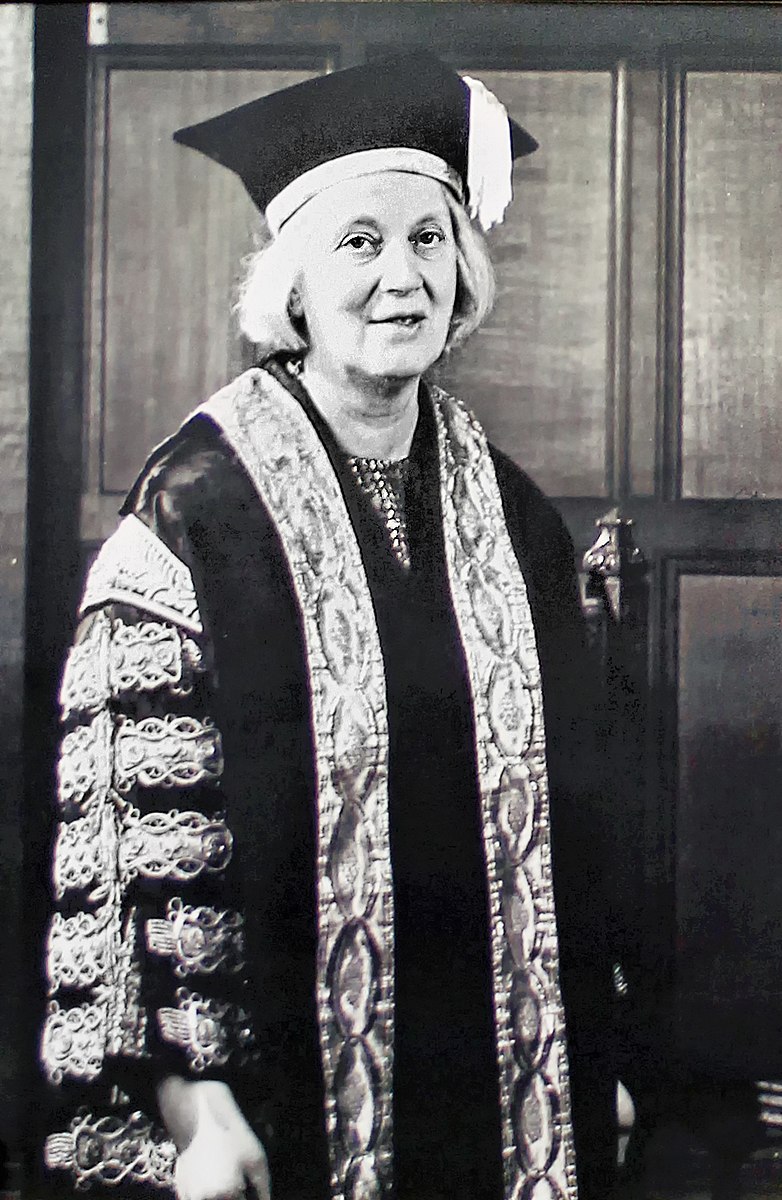
20th-century chemist Dorothy Hodgkin was one of the first people to study the structure of an organic compound. She applied X-ray crystallography — the technique made famous by Rosalind Franklin’s work with DNA — to determine the three-dimensional structures of complex proteins like pepsin and insulin. Her work with insulin laid the foundation for the development of insulin therapies for diabetes, which has since saved countless lives.
Hodgkin also determined the structures of penicillin and vitamin B12, for which she earned the 1964 Nobel Prize for Chemistry.
Hodgkin’s work established that protein structure plays an important role in the ways proteins function, an essential principle in modern proteomics research.
Learn more about Dorothy Hodgkin from the Science History Institute.
Ada Yonath, mapping the ribosome
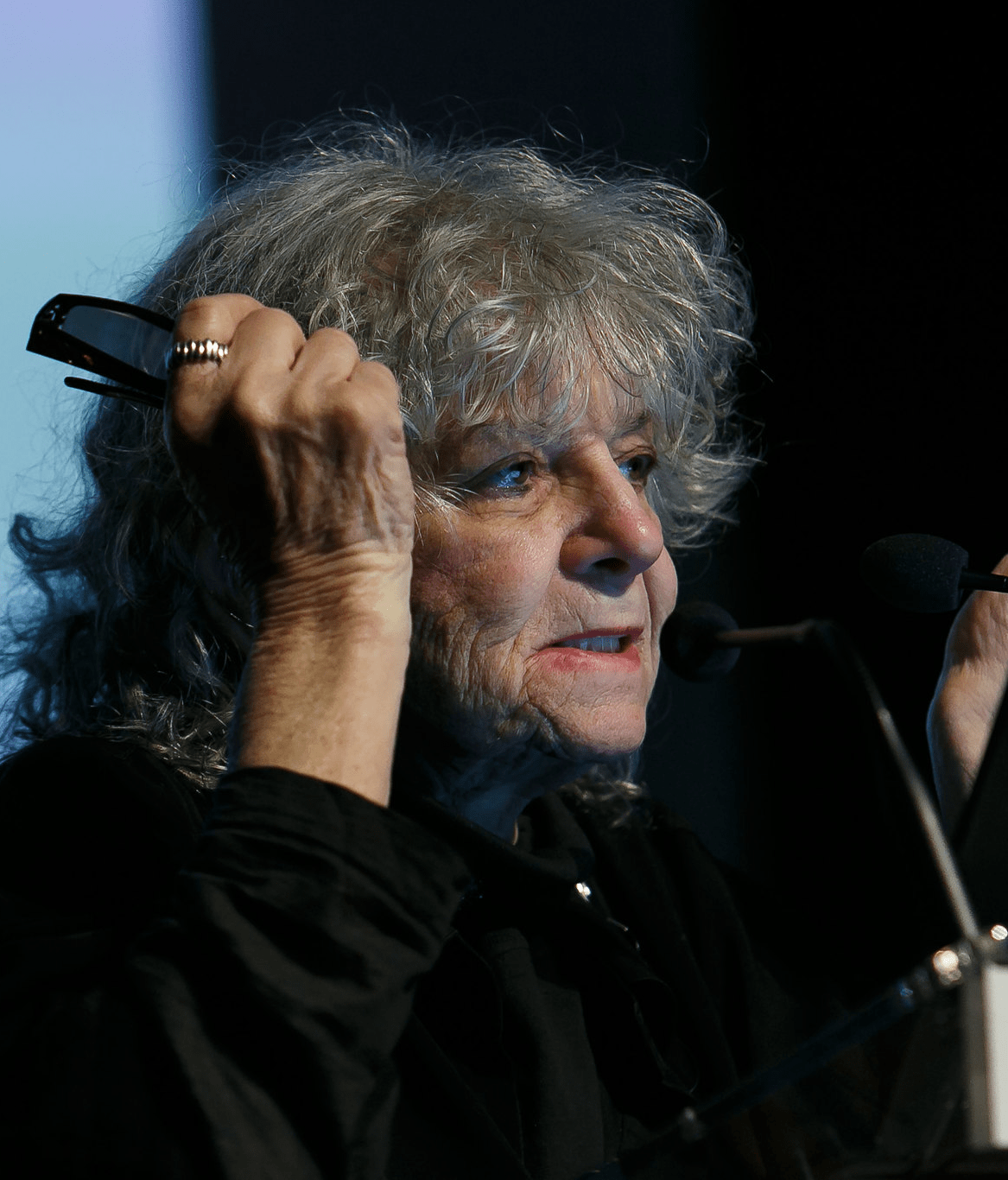
Israeli crystallographer Ada Yonath was awarded the Nobel Prize in Chemistry in 2009 — the first woman since Hodgkin — for her pioneering work on the ribosome. Ribosomes, the molecular machines inside cells that translate genetic material into proteins, are too delicate for traditional X-ray crystallography techniques. But Yonath figured out how to get around this problem with inventive techniques, including freezing ribosomes at –185°C.
Her discoveries contributed to our basic understanding of how proteins are made by ribosomes in the cell, and have been instrumental in the development of antibiotics that target bacterial ribosomes. By providing a deeper understanding of the mechanisms of protein synthesis, her research set the stage for an explosion of protein research in the following decades that continues today.
Read more about Ada Yonath from NobelPrize.org.
Marie Maynard Daly, exposing the nucleus
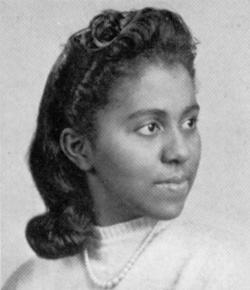
Biochemist Marie Maynard Daly may be most well-known for her foundational work linking cholesterol and other compounds to heart health — and for being the first African-American woman to earn a Ph.D. in chemistry. But the lifelong New Yorker also conducted foundational research on the composition, structure, and function of the components of the cell nucleus, work which underlays our understanding of the synthesis and organization of proteins in cells.
Just last year, The Protein Society announced a new award, the Marie Maynard Daly Award, which recognizes “groundbreaking research at the interface between protein science and human health.”
Read more about Marie Maynard Daly from the Science History Institute.
Mildred Cohn, proteins at work
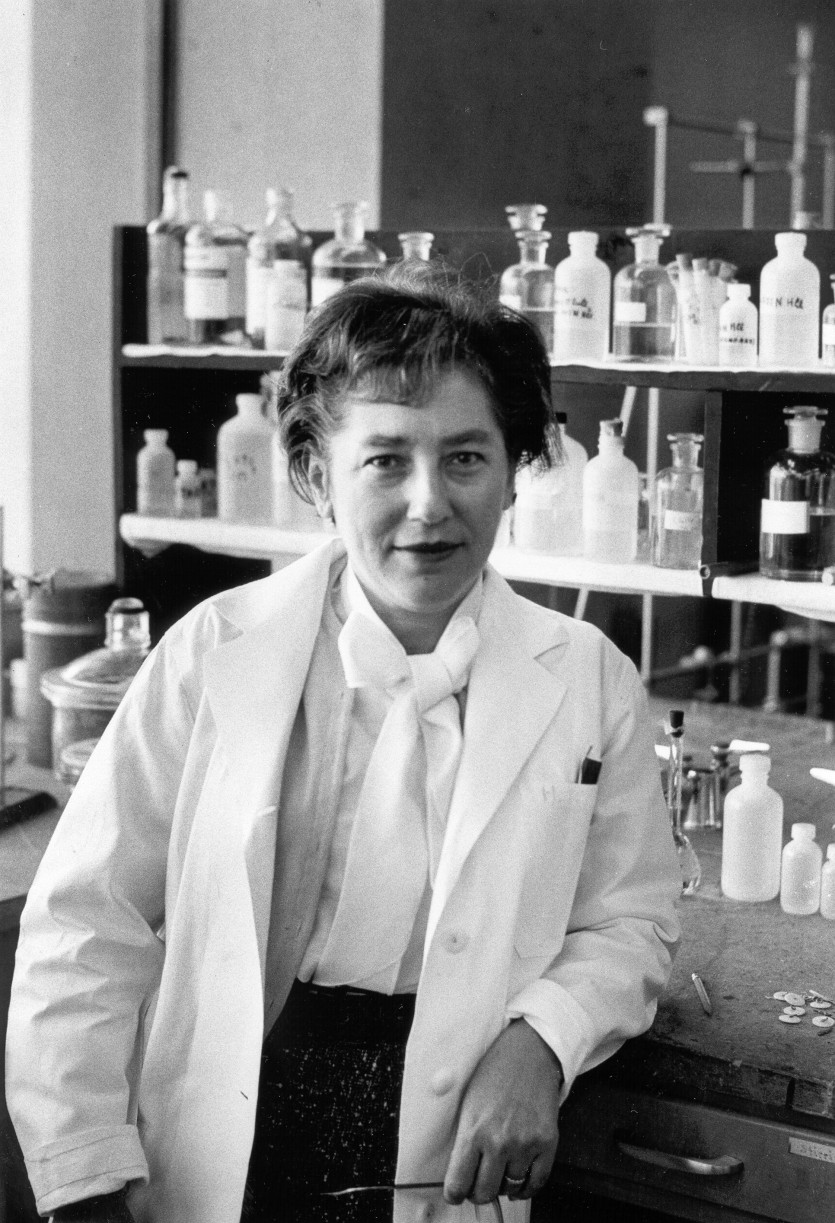
A critical next step in our understanding of proteins in biology came from the study of how enzymes and other proteins function in the cell. Biochemist Mildred Cohn transformed this field, not only contributing to our understanding of chemical reactions in cells, but also helping to pioneer a new technique that would aid generations of scientists to come: nuclear magnetic resonance (NMR).
For decades, scientists have been using NMR to determine the structure of organic compounds like proteins, including watching enzymes mid-reaction.
Cohn was awarded the National Medal of Science in 1983 by President Ronald Reagan.
Learn more about Mildren Cohn from the American Chemical Society.
Emma Kelley Lundberg, surveying all proteins in the body
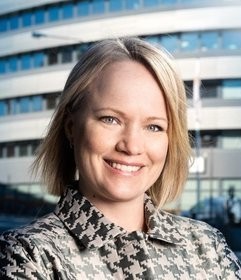
In the modern era, protein research has exploded in scale. We now consider not individual proteins but whole proteomes, and how proteomes change across time and space. Emma Lundberg, professor at Stanford University and the KTH Royal Institute of Technology in Stockholm, Sweden, is director of the Cell Atlas, part of the Human Protein Atlas. Her goal with the Cell Atlas is to map the subcellular locations of all proteins in humans, while her work broadly is building the foundation of our understanding of spatiotemporal expression patterns of proteins.
Lundberg has also spearheaded innovative ways to get more people involved in protein science. She launched a citizen science project, Project Discovery, inside the video game EVE Online. Game players classify protein patterns in microscope images, which helps scientists train their AI models. As part of the effort, Lundberg became the first scientist to appear, as herself, as an NPC (non-player character) in the game.
Lundberg is also a member of the Nautilus Scientific Advisory board.
Carolyn Bertozzi, advancing glycoproteomics
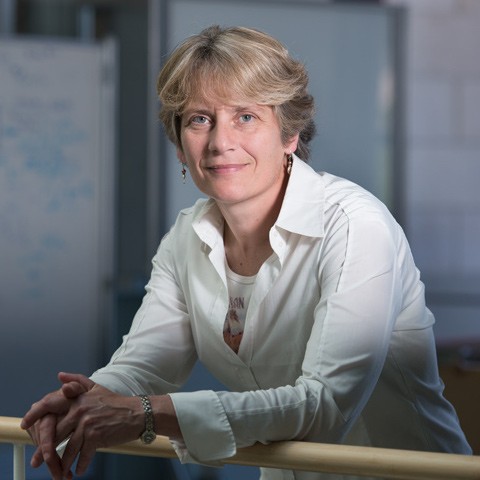
Carolyn Bertozzi unites biology and chemistry in her development of new chemical tools that can be used to understand and manipulate biological systems. She’s brought advances to the field of glycoproteomics, increasing our understanding of modified proteins that serve important roles in cell function and disease.
Bertozzi’s lab has developed bioorthogonal chemistries, which are chemical reactions that can be performed in living systems to enable the modification of complex biological molecules. These can be used in cells, model organisms, and eventually, humans. She’s also used proteomics to study altered glycosylation patterns associated with human prostate cancer progression and differentiation of embryonic stem cells.
Bertozzi won the Nobel Prize in Chemistry in 2022 for her innovations with bioorthogonal chemistries.
Read more about Carolyn Bertozzi from Stanford News.
Jennifer Geddes-McAlister, pushing proteomics forward
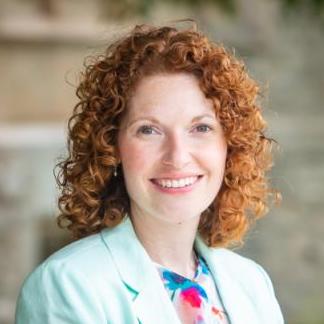
The past few years have brought an unprecedented explosion in research into not just proteins but all the proteins: the proteome. Thankfully, modern women in science no longer have biographies that say things like the only woman in her class or but they wouldn’t hire a woman. Still, there are plenty of challenges faced by women in science, and in proteomics specifically, today.
That’s why our last pick is modern proteomics researcher Jennifer Geddes-McAlister, assistant professor in the Department of Molecular and Cellular Biology at the University Of Guelph in Ontario, Canada. On top of running a research program exploring host-pathogen interactions using mass-spectrometry-based proteomics, Geddes-McAlister also founded Moms in Proteomics in 2021 after recognizing a lack of support for women with children in the field.
The organization provides a platform for networking, mentorship, and advocacy for women who are balancing careers in proteomics with motherhood. Moms in Proteomics aims to address the unique challenges that women face in balancing family responsibilities with their scientific work, and to help them advance in their careers while also being present for their families.
Read more about Jennifer Geddes-McAlister in Nature.
Encouraging the next generation of women in science
These are just a small fraction of the many women past and present who have made foundational contributions to the study of proteins and the proteome. It is essential that we acknowledge and support the contributions of women scientists in the field of proteomics, and encourage the next generation of women to pursue careers in science, for the benefit of all. Only together can we unlock the proteome!
MORE ARTICLES
